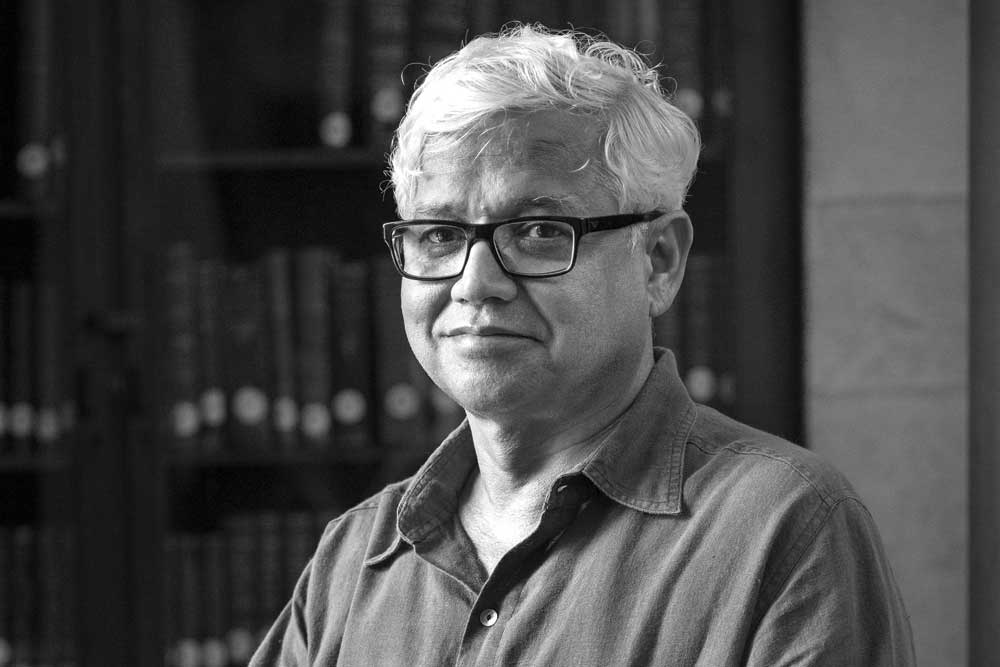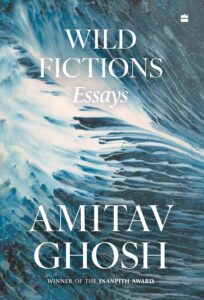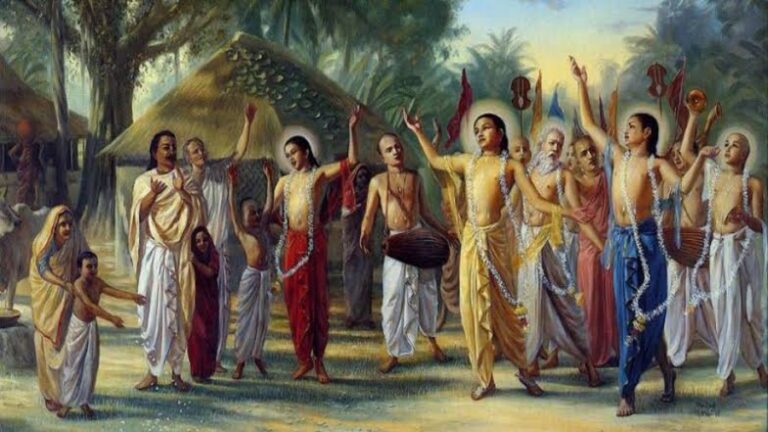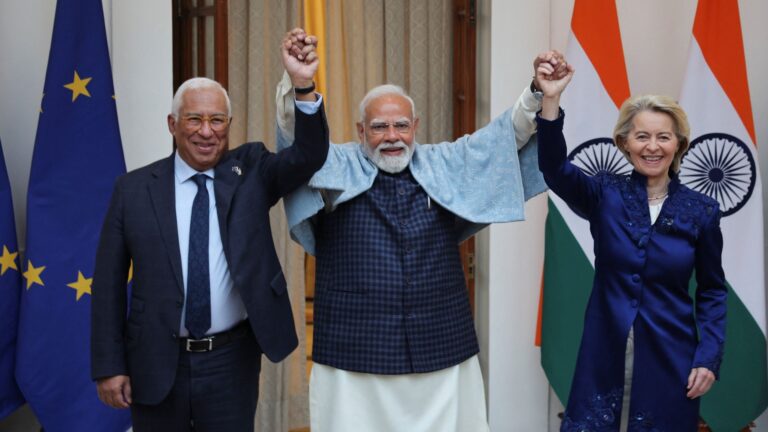
Indian novelist Amitav Ghosh has stepped into literary history once again. He has submitted a new, undisclosed manuscript to Oslo’s Future Library project, where it will remain sealed until the year 2114. Since its inception in 2014, the project has invited one writer each year to contribute an unpublished work that no one will read for a century.
Amitav Ghosh and The Future Library
The Future Library is not just a vault of hidden manuscripts; it is living artwork. Created by Scottish artist Katie Paterson, the project combines literature, ecology, and imagination. A forest of 1,000 spruce trees was planted outside Oslo in 2014. In 2114, those trees will be harvested and turned into paper to print the sealed works, finally making them public.
These manuscripts are currently stored in a specially designed chamber in the Deichman Library, Oslo. Among the contributors so far are Margaret Atwood, David Mitchell, Ocean Vuong, and Han Kang. Ghosh now joins this distinguished list as the 12th writer.
For him, the symbolism of trees and time resonates deeply. He compared the Oslo Forest to the Sundarbans mangroves, a fragile ecosystem that has shaped much of his writing. In doing so, he reminded us of that literature, like forests, can preserve memory and responsibility for future generations. (The Guardian)
Essays To Warnings

Earlier this year, Ghosh released Wild Fictions, a collection of essays covering twenty-five years of his thought and writing. At its Kolkata launch, he explained how climate change is no longer abstract, it is already shaping migration, technology, and everyday life. He urged individuals to act responsibly but insisted that governments and corporations carry the greatest burden of accountability.
Transitioning from environmental issues to global anxieties, he also criticized Silicon Valley elites for preparing for “The Event” which is a collapse of civilization. To him, this mindset revealed not leadership but fear, rooted in unchecked consumerism and ecological neglect.
Ghosh’s influence extends beyond literature. In lectures this year, he spoke of how the clash between imperial dominance and decolonization has left the world in a state of “radical uncertainty.” He compared this global instability to the unpredictability of the climate crisis, suggesting that the two are intertwined. According to him, the way forward lies not in isolation but in reimagining community, sufficiency, and responsibility.
Why His Work Matters
Amitav Ghosh continues to show how a writer can be more than a storyteller. He has become a public intellectual, weaving together history, politics, and the environment. Through the Future Library project, he has also extended his voice to readers who are not even born yet.
By sealing his manuscript for 89 years, he has asked us to think beyond our lifetimes. In that sense, his work reminds us of stories, like forests, grow patiently, waiting for the right moment to reveal their meaning.
Stay tuned for more with The World Times.



